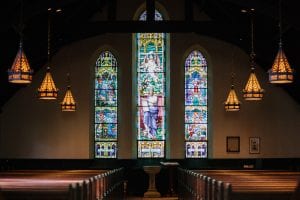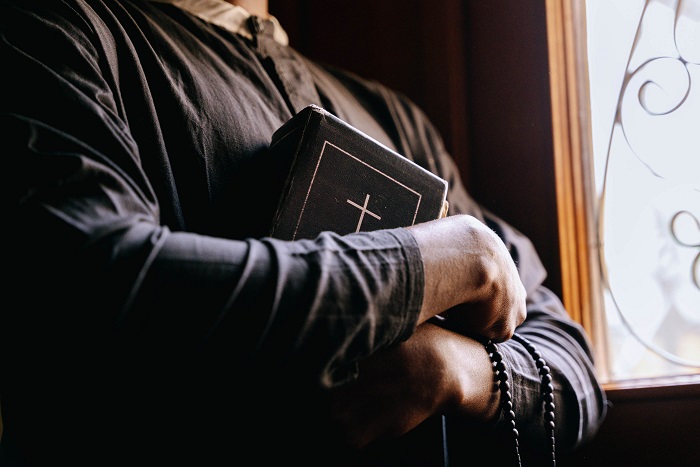Religious oppression is an issue that demands legal and personal perseverance. People face many challenges in countries where either to practice their faith is restricted or even criminalized.
In many nations of the world, faith communities and believers face increasing levels of legal and social pressures. Several restrictions, such as oppression and discrimination, may render religious practice dangerous and complicated. From subtle legal stumbling blocks to outright persecution, faith is put into its most trying forms that complicate not only personal beliefs but also the practice of everyday life. We will talk about how believers handle these legal obstacles.
Legal Obstacles to the Expression of Religion
Legal restrictions imposed as a barrier to religious expression constitute the most common forms of oppression. Such strict laws often limit public displays of faith or even prohibit religious gatherings in many countries. Christians are more likely to get fined, put in jail, or worse for carrying out something as simple as worship or evangelism. This makes the legal conditions very unsecured and frightening for a person to express his faith freely. The fear of litigation puts those who believe in a system that is complex and rarely protective of its citizens in the process, making it difficult to exercise their beliefs in religion.
Limitations On Religious Groups
Religious groups often face some form of limitation through limitations on their ability to meet, associate, or act as a cohesive group. In many countries, the law forces religious institutions to register in the state, while those doing otherwise are subjected to heavy repression. In a few places, Christians are not allowed their right to construct churches or worship places and, as such, do it in secret. This can be observed in the many cases of modern Christian persecution, where churches are shut forcibly, and there is mandatory worship in secret to avoid legal penalties. This incarceration debilitates religious organizations from acting as a group, dispersing people and making it difficult for them to hold on to their faith.
Living out Faith to Challenge Legal Machinery
Persecutors place believers in legal machinery designed to prevent them from actively expressing their religious freedom. In countries where religious laws are against minorities, lawyers and the oppressed religious freedom face complex and dangerous landscapes. Lawyers and advocates, more often than not, face their dangers, as helping the oppressed brings them personal and professional repercussions. Religionists are still finding legal ways to continue practicing their beliefs despite the hardships involved. Their determination is remarkable because they do not give up despite so many hurdles created in law courts to fulfill their deeply felt convictions.
International Law
A great way of fighting for religious freedom and against oppression is with international law. Human rights organizations are always available to raise the issues before the authorities and the oppressors to have them explain their actions. Treaties are international agreements between nations, while human rights declarations provide an indicative framework for religious freedom. However, enforcing these laws in every country is a huge problem since political interests supersede the protection of religious minorities. However, international efforts for the protection of the persecuted offer hope to the persecuted and provide them with a legal system to plead their rights.
Advocacy for Religious Freedom

Religious advocacy groups have played a significant role in creating awareness of issues regarding legal problems facing faithful individuals. In most instances, these groups offer legal representation, assets, and worldwide publicity to the persecution of various faith cases. They are the voice of the persecuted, silenced by legal systems built upon them. Advocates fight to do away with unjust laws, to persuade society to be more religiously tolerant, and to plead for the right of freedom of faith in a faith chosen.
Personal Stories of Resilience
Amid all these challenges, personal testimony by showing examples of Christian persecution today is a beautiful proof of the strength of faith under fire. People and families hold firm belief when every possibility says there’s no way forward. For many, it is the comforting, hopeful thing that provides them with the strength to stay the course in legal battles and persecution. These are tales of perseverance, telling others wearing the same shoes but reminding everyone that faith can work much more miraculously than the very strands of oppressive legal restrictions.
Conclusion
Religious oppression is an issue that demands legal and personal perseverance. People face many challenges in countries where either to practice their faith is restricted or even criminalized. Even though by overcoming this challenge of the legal barriers, by fighting for their rights, and by leaning on faith, people and faith communities continue to persevere. Whether through individual testimonies of struggle or international advocacy efforts, the campaign for religious freedom continues. The persecuted in modern examples of Christian persecution are highly courageous. Their journeys remind everyone of the need to defend religious freedom in a world where oppression still exists.


Join the conversation!